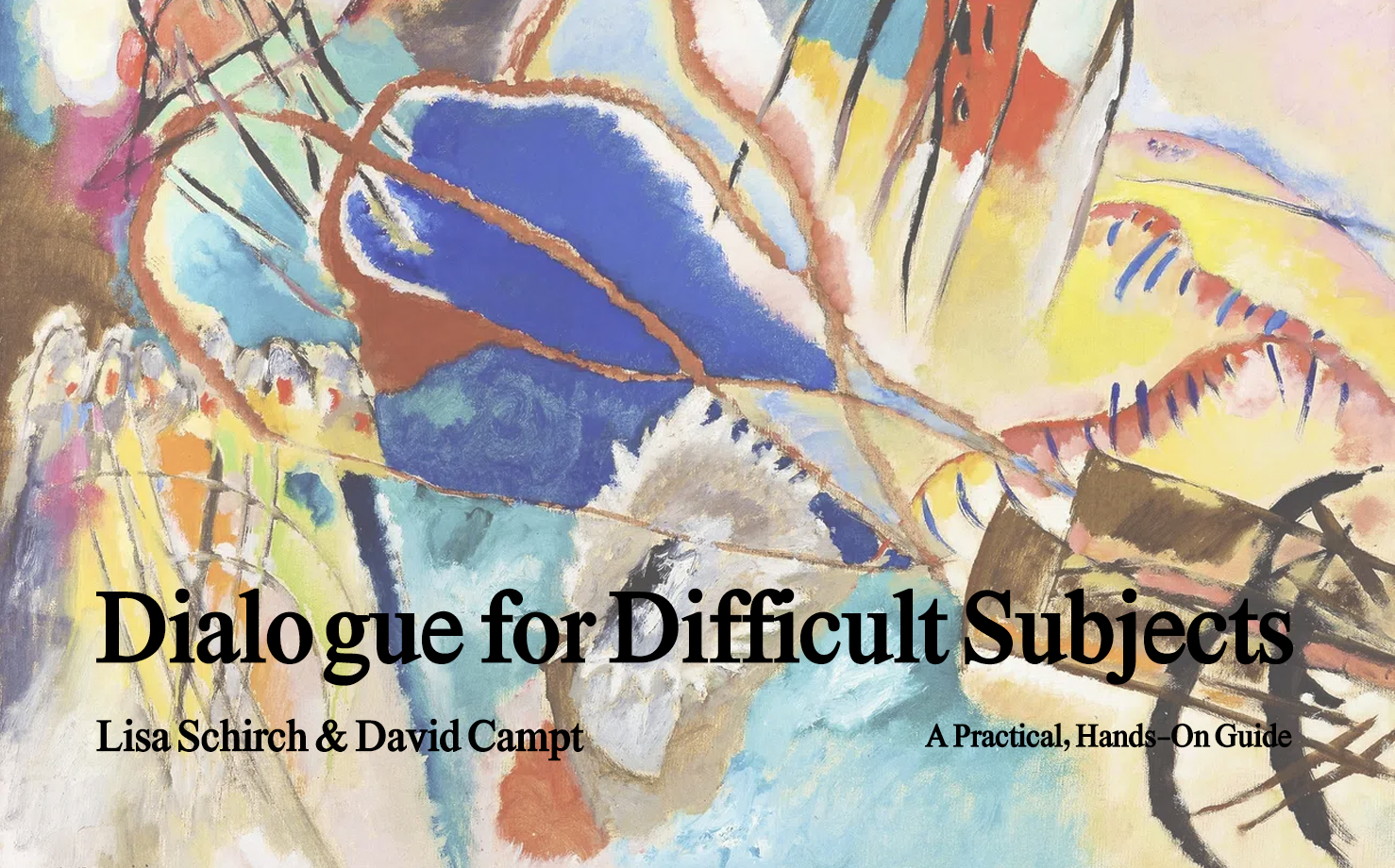How did the idea that all individuals have certain basic rights come to be widely accepted? How do social and political changes reflecting this belief occur? These are the questions historian and Stanford University Professor Lynn Hunt explores in her 2007 book, translated exclusively in its entirety by Tavaana. Early chapters use examples from 18th century France to show how new trends in literature and art affected socially accepted behavior, influenced new ways of thinking, and propelled political changes. For example, the growing popularity of reading novels helped dissolve barriers between social groups as “individuals…recognized in other people the same passions, sentiments and sympathies as in themselves.” Hunt links this growing sense of empathy for others to the banning of state sponsored torture in France. At the same time, formal proclamations such as the United States’ Declaration of Independence in 1776 and France’s 1789 Declaration of the Rights of Man gave tangible shape to previously unimaginable aspirations. More recently, the 1948 Universal Declaration of Human Rights marked a milestone in modern efforts to extend basic rights. Hunt documents the cascading claims and the eventual granting of rights to different minorities resulting from these formal documents and the “implacable logic” they created. By “drawing on a sense of ‘what is no longer acceptable’ (they helped) make violations all the more inadmissible.”
Empathy and formal documents are not sufficient to secure human rights, however. The book’s final chapters discuss how human rights can be sidelined by narratives stressing nationalism, ideology or national security. The ultimate message, however, is optimistic. By shining a spotlight on the past, Hunt illuminates the ways in which people everywhere can construct more just societies.
Tavaana Publications Click here to read Tavaana’s exclusive translation of Inventing Human Rights: A History by Lynn Hunt.










